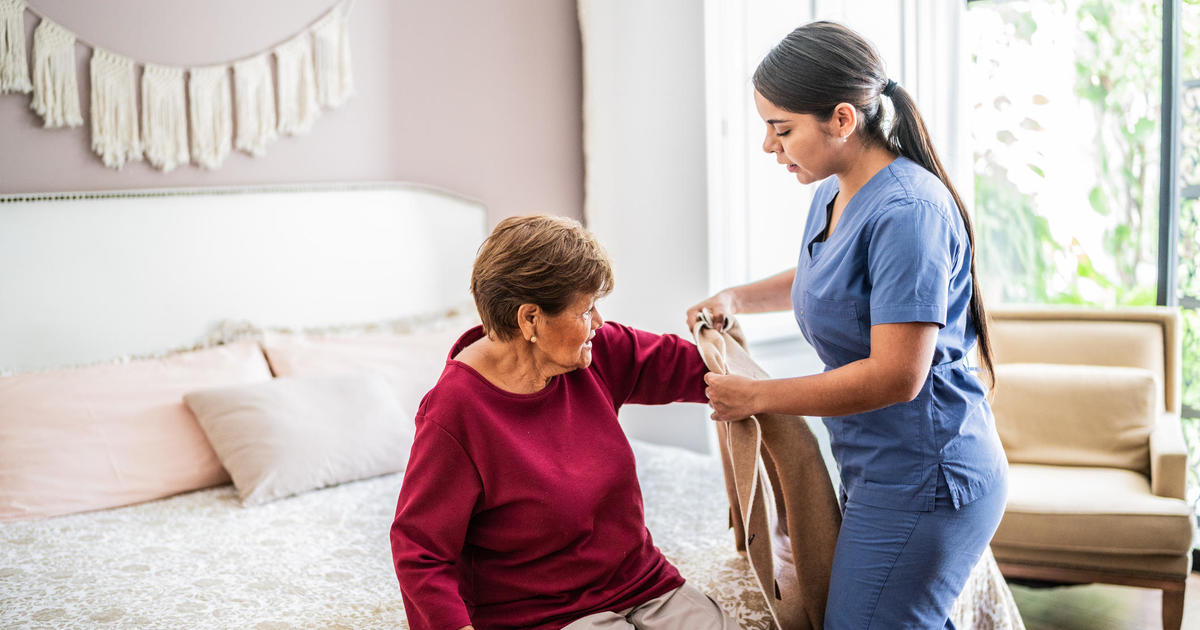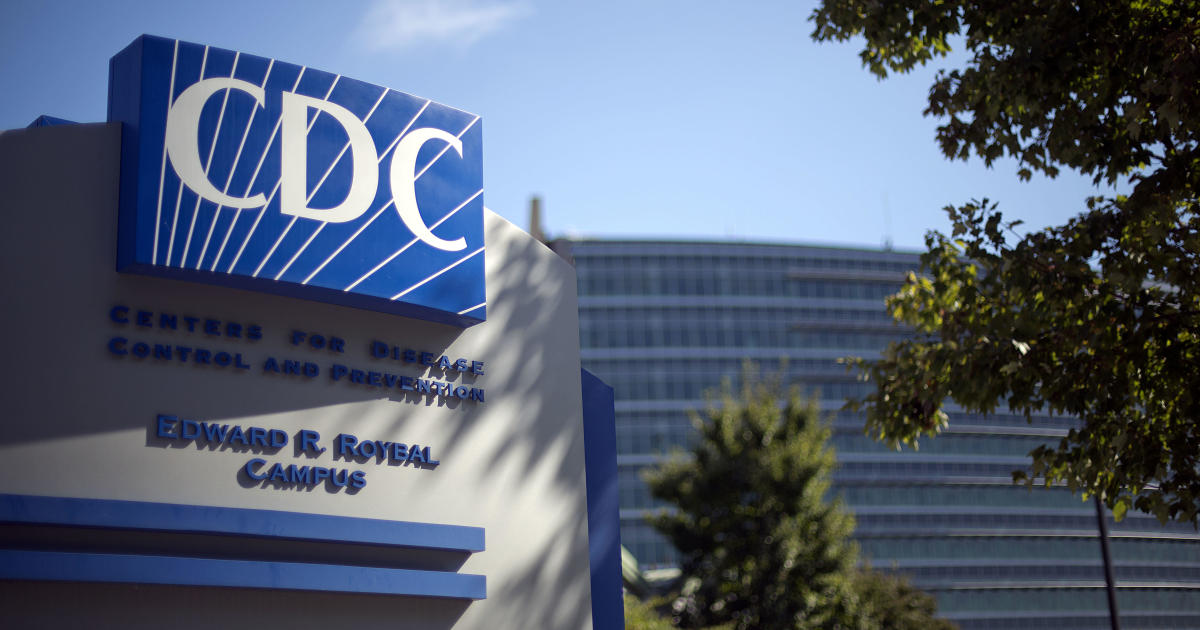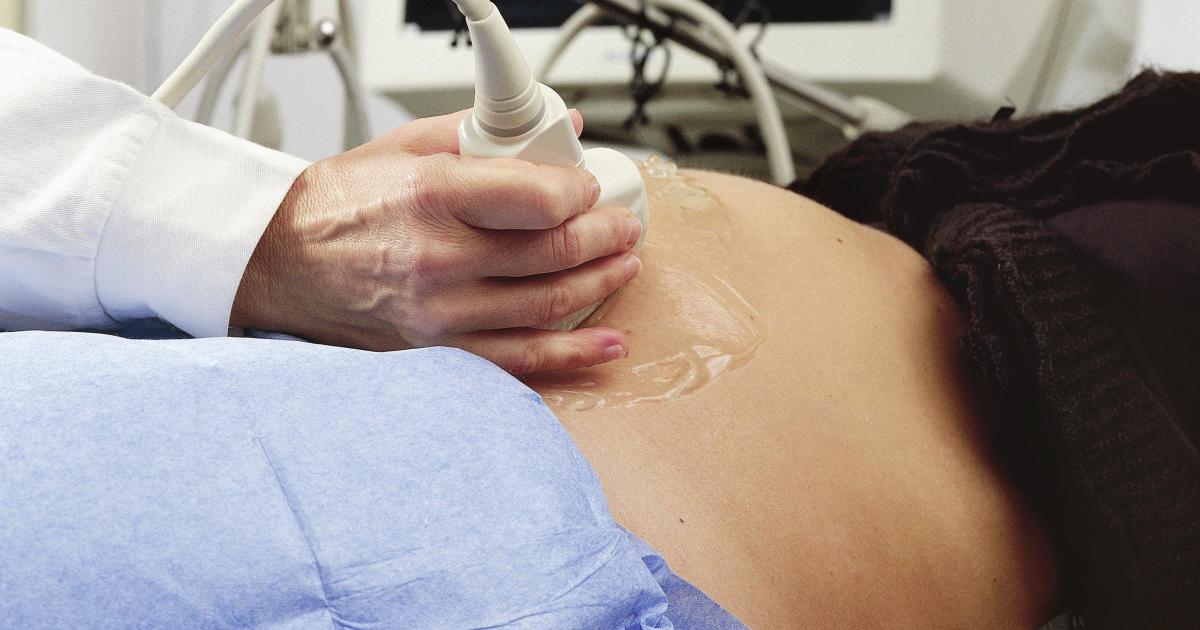Minnesota officials credit National Guard for COVID-19 help in briefing
Minnesota Governor Tim Walz and health officials updated residents on the state's COVID-19 response Friday. They highlighted ways the state is working with the Minnesota National Guard to protect residents in long-term care facilities, a demographic that has been hit hardest by the pandemic.
Walz called on residents to take steps to support workers in long-term care facilities. CBS Minnesota reports 2,559 residents in such facilities have died since the outbreak began in March, and about 30% of people in the state who are living in long-term care facilities such as nursing homes have contracted the virus.
"I asked you to help make it easier on police firefighters and EMTs, I've asked you to help make it easier on frontline nurses and doctors in the emergency room — today I'm asking you, Minnesota, let's make it easier on these care providers, which by extension helps protect the lives and safety of our seniors," he said.
The state had called on the Minnesota National Guard to aid those facilities. Major General Shawn Manke, adjutant general of the Minnesota National Guard, said 600 soldiers and airmen are involved in the state's coronavirus response, including more than 270 in 11 teams in long-term care facilities.
Manke said National Guard members have helped 17 facilities so far.
"Undoubtedly, our service members would rather spend the holidays with friends and family, but they understand right now they have a mission for the greater good of Minnesota. That is what service selfless is all about, " said Manke. "These national guardsmen left their families, their jobs and schools because they were ordered to fill critical roles along the front line in the fight against COVID-19, but they can use your help. Contact tracing confirms that these long-term care facilities are being put at risk not from inside their walls, but from outside. We need your help to lessen the community spread."
Minnesota health officials on Friday reported 5,371 new cases of COVID-19 and 61 more deaths. The state's total death toll stands at 3,845.
Long-term care facilities include nursing homes, but also "assisted living facilities, group homes, mental health and substance abuse treatment facilities and the like. Residents of these facilities include not only seniors but younger adults as well who are living with illness, traumatic injuries, memory loss or disabilities of various kinds," said Jan Malcolm, Minnesota Department of Health commissioner. "Together these are some of the most vulnerable Minnesotans for getting COVID-19, having severe disease and unfortunately dying from COVID."
One of the biggest challenges, she said, has been staffing for those facilities, which is why the state deployed the National Guard and requested federal staffing support teams, as well as implementing a system to coordinate volunteers.
As of Thursday, 1,679 people were battling COVID-19 in Minnesota hospitals, with 367 people in intensive care. Per the state's Response Capacity Dashboard, more than 100 ICU beds are available in the state. In the Twin Cities specifically, just over 5% of ICU beds are open. However, non-ICU beds in the metro are nearly full, with just over 2% still available.
The rates at which the virus is spreading and Minnesotans are being hospitalized have fallen over the last two weeks. Minnesota's test positivity rate has also declined by about 5% from a high of 15.6% in early November.



